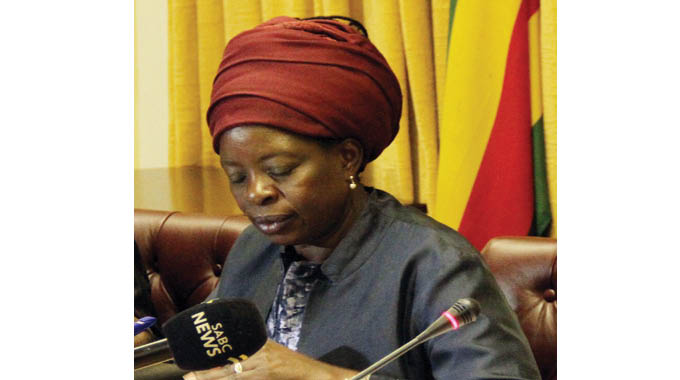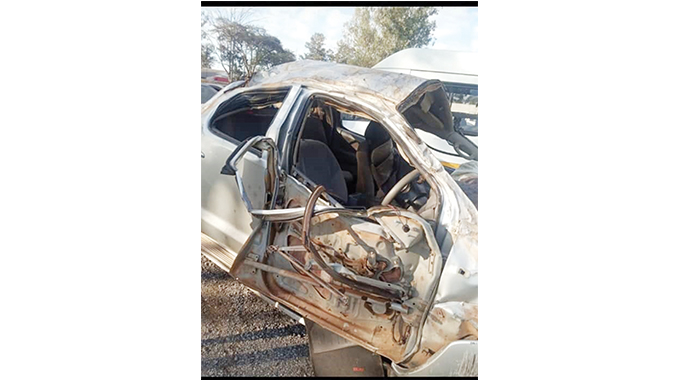Crunch meeting on roller meal subsidy: Ministers to pay Bulawayo millers visit

Business Reporter
FINANCE and Economic Development Minister Professor Mthuli Ncube and his Industry and Commerce counterpart, Dr Sekai Nzenza, are visiting Bulawayo tomorrow for a crunch meeting with the milling industry players to discuss challenges of the subsidy roller meal programme.
The meeting is being organised by the Grain Millers Association of Zimbabwe (GMAZ).
Recently, the Government unveiled the subsidy maize meal programme with a view to protect consumers from unscrupulous retailers who were selling mealie meal at prices beyond the reach of consumers.
According to GMAZ, the supply of mealie meal under the subsidy programme, has generally been hindered by the prevailing structural difficulties.
The agenda of the upcoming urgent meeting is about subsidies on roller meal in relation to the quantum of subsidy, subsidy turnaround, claim form, maize allocations to millers, zonal deliveries and donations.
GMAZ media and public relations manager Mr Garikayi Chaunza told Business Chronicle yesterday that although there has been an improvement in the supply of maize to the millers, there were some structural issues that need to be addressed.

Prof Mthuli Ncube
“Maize supplies from GMB have significantly improved. However, there are some structural issues (subsidy), which we want the two ministries to discuss with our Bulawayo membership.
“Remember that the Ministry of Industry and Commerce is our parent ministry and is also the manager of the Government’s subsidy programme while the Ministry of Finance and Economic Development is our paymaster in the roller meal subsidy programme,” he said.
In April, GMAZ announced the rolling out of the countrywide zonal maize meal distribution system,which it said would continue depending on the supply side of grain to players in the milling industry.
The programme was meant to ensure mealie is being delivered to residential shops in selected urban centres in order to minimise the rampant movement of people seeking basic commodities like mealie during the Covid-19 pandemic-induced lockdown.
Zimbabwe is facing food shortages due to drought following erratic rains recoderd in the past two seasons.
The country needs 1,8 million tonnes of grain annually.
Despite the drought situation, Governemnt has assured citizens that no one will starve as mechanisms have been put in place to import maize from the region and beyond.








Comments